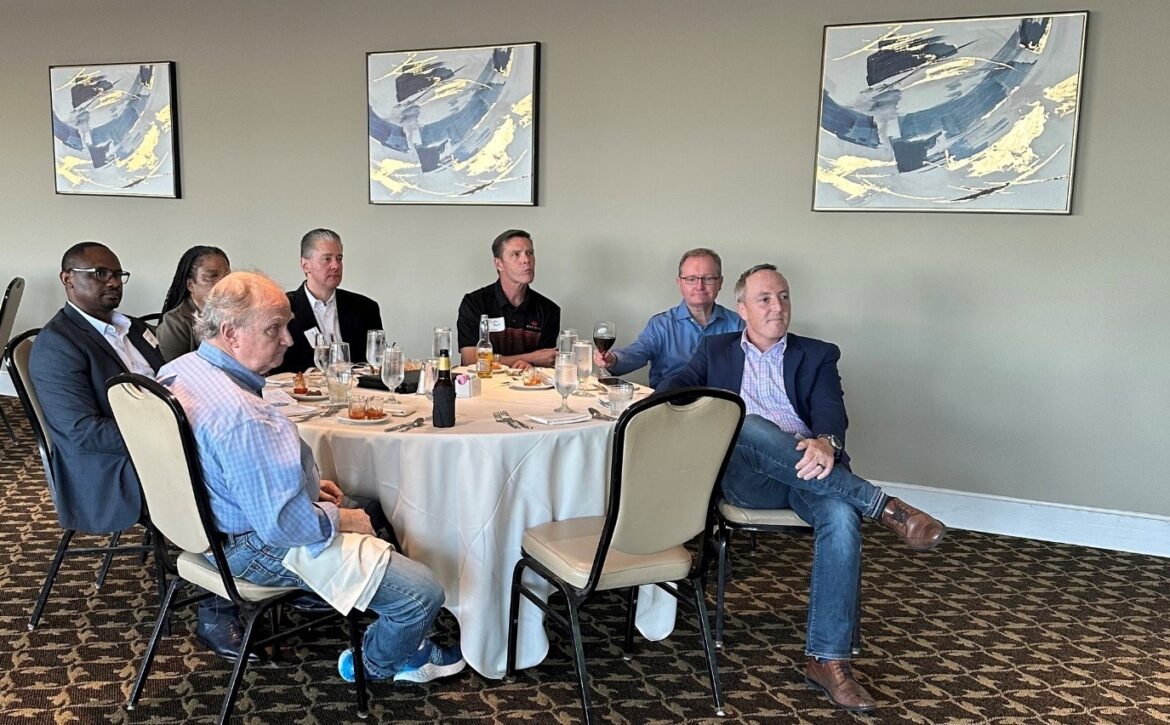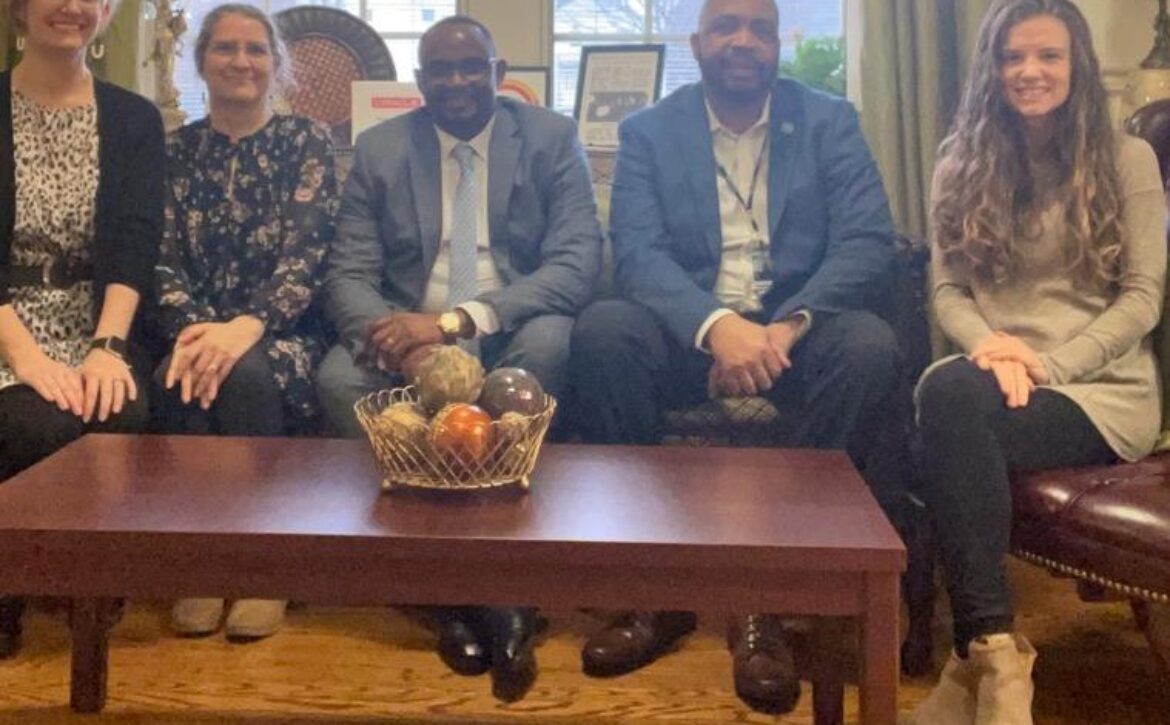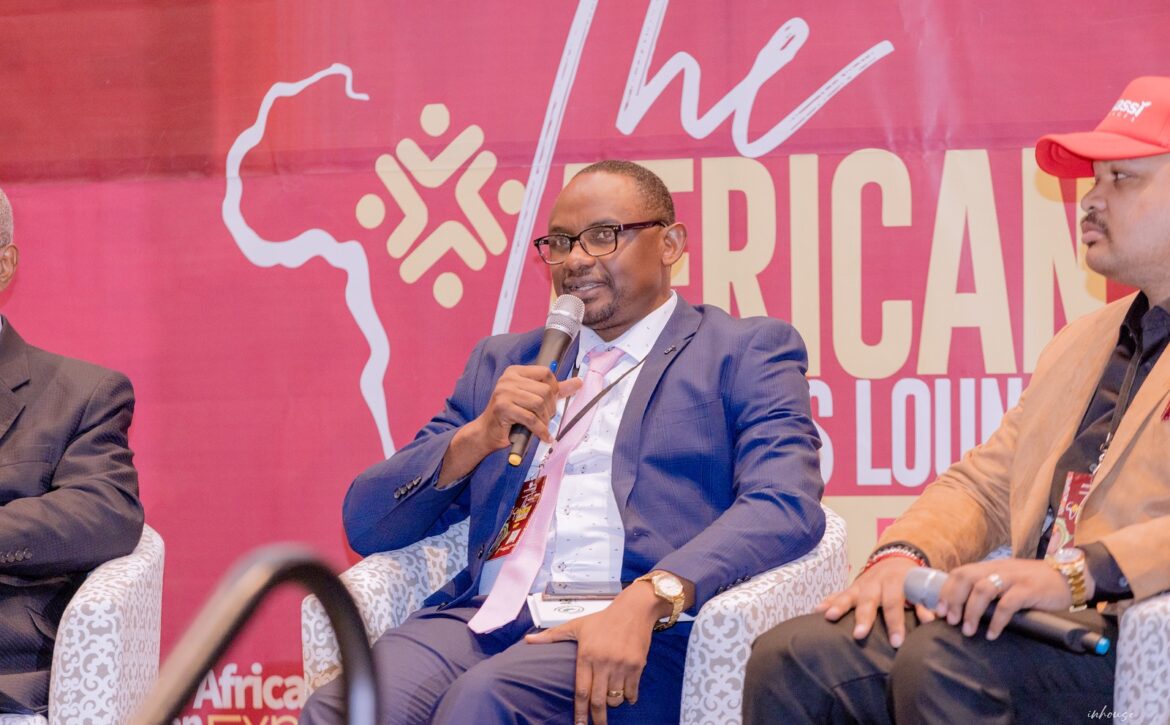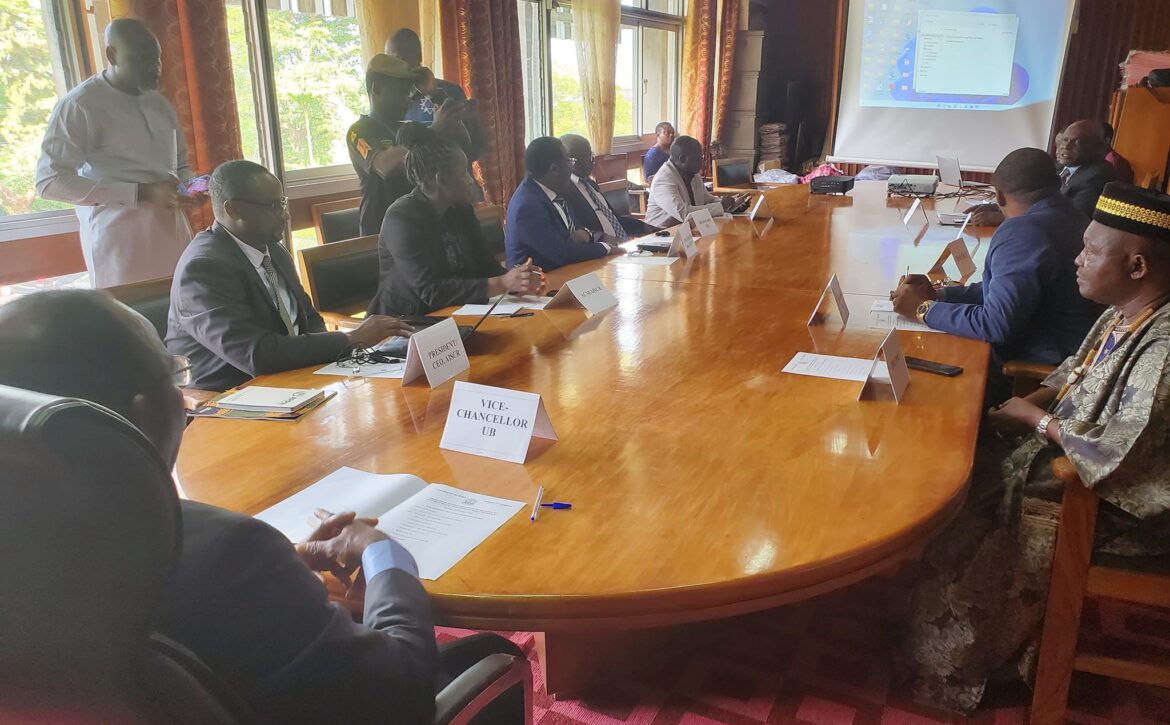Dr JR Smith Research Symposium, College of Business, Jackson State University

Dr JR Smith Research Symposium, College of Business, Jackson State University
I had the opportunity to participate and presented two papers at the Research Symposium organized by the College of Business, Jackson State University, on March 20-21, 2024.
In the first presentation, which I did on behalf of myself and Dr Ntombi Matsoma, I gave a context of the implications of procurement practices on socio-economic objectives in the South African clothing industry. Procurement practices in the South African clothing industry have been negatively affected by retail clothing buyers purchasing garments from international clothing suppliers instead of supporting local suppliers. The local manufacturers faced competition and inputs from clothing from Asian countries such as China, India, Turkey is affecting the local clothing industry. Also, foreign manufacturers and clothing shops dominate the industry due to the low import tariffs that are posed by international trade regulations. Retail clothing shops do not order from local manufacturers due to high production cost and quality challenges resulting from the lack of required skills, technical capabilities and resources. This has reduced local clothing suppliers’ margins and resulted in job losses. The study based on a survey conducted among 621 clothing manufacturers, revealed that the clothing manufacturers faced challenges with the lack of skills, support funding as well. Further, they lack compliance with environmental standards as well as procurement policies and regulations. We recommended a procurement framework with four pillars and 10 variables. More information about the study can assist management, owners, and procurement specialists in identifying procurement practices that may be aligned with policies, sustainable practices, and existing challenges to improve socio-economic objectives and performance. Furthermore, the government can learn about funding flaws, non-compliance issues, and policies that stem from a shortage of refunding sources and financial support. Examining the Implications of Procurement Practices on Socio-economic objectives
In the second presentation, I gave a context of the extent to which the Gauteng Department of Health complies with supply chain policies and regulations when conducting demand management practices. This paper was co-authored by myself, Dr Selby and Dr Jonathan (University of South Africa). It is well known fact that many public institutions in South Africa are battling with compliance issues with respect to the implementation of the supply chain management policy adopted in 2004. This is evident in various reports as well as the Zondo commission. In this paper, we conducted a survey based on purposive sampling technique, we a focused on senior supply chain practitioners. The scope of the study focused on Gauteng’s 47 public hospitals and we administered 235 questionnaires. It was interesting to note that while the public hospitals all indicted have the relevant policies and regulation in place in terms of practice, implementation was a challenge. Also, they faced challenges aligning their demand plans to the strategic objectives of the hospitals and developing sound specifications and terms of references. From the findings, there was no significant differences in practice and challenges among the various categories of hospitals. This finding confirms the state of supply chain practice in South African public institutions and recommended the establishments of an institution to drive professionalization in the country. We believe that professionalization will enhance the skills and capacity of supply chain professionals, ethics and standards of practice. Furthermore, the issuing of professional certifications or license to practice will protect the professionals and protect the profession. This will also limit political interference. We also recommend increase spending on research and development as well as the implementation of e-procurement systems and the use of open data. Investigating Compliance of Demand Management Practices with Supply Chain Policies and Regulations











